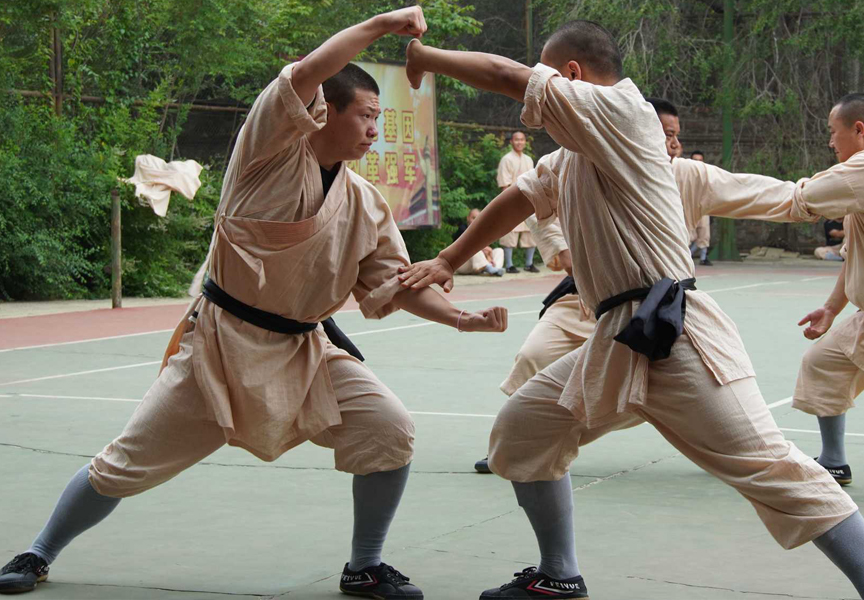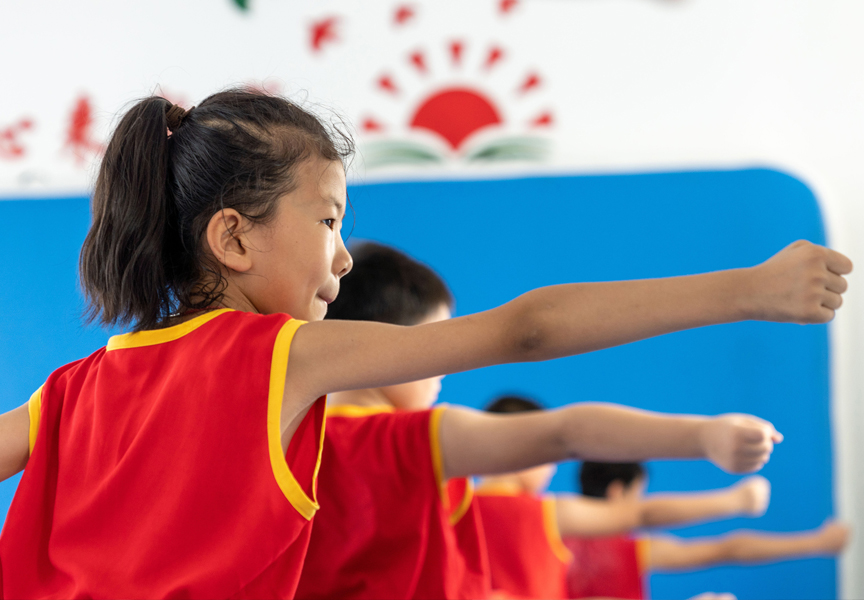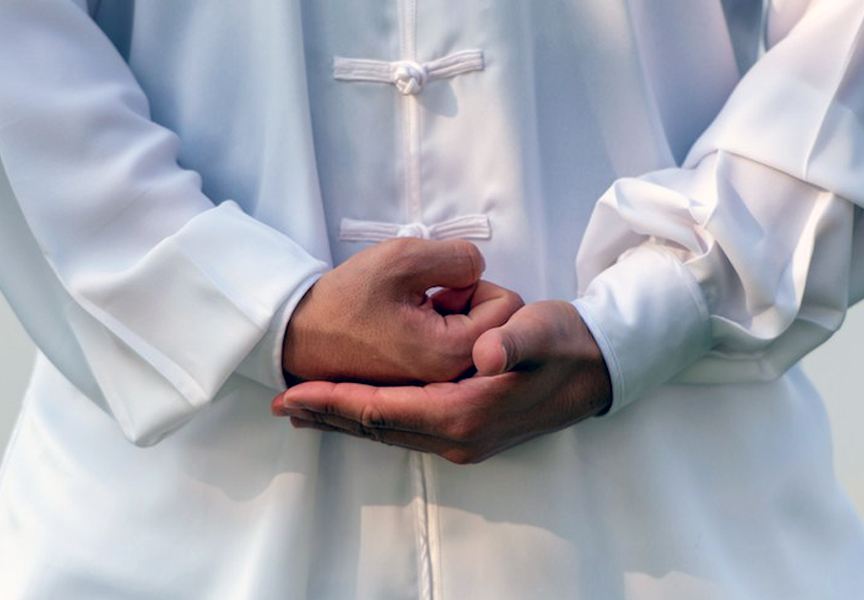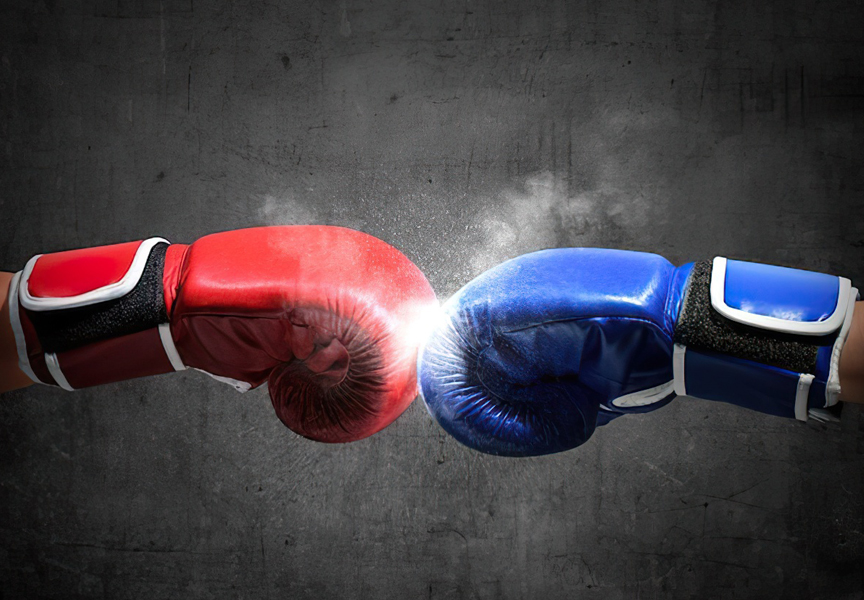Random Free Articles
- Sparring vs. Survival Instinct

Combat training and physical response Martial arts, an age-old discipline, is not just about learning how to fight; it is about building character, discipline, and understanding the fine balance between aggression and defense. Central to this training are two crucial components: sparring and the development of a survival instinct. While both are indispensable, their utility varies based on the context and the goals of the practitioner. This…
- Fenjie in Chinese Martial Arts

Dissecting Forms for Combat Mastery In the vast realm of Chinese martial arts, the term Fenjie, which translates to analysis or disassembly in English, holds significant importance. This concept is deeply embedded in the traditional practice of martial arts, especially when it comes to the study and application of various forms. Fenjie [Chin.: Fēnjiě 分解] involves the meticulous process of breaking down complex movements within a martial…
- Martial Arts. Pursuit, Not a Fad

In a world where trends and fads come and go like fleeting seasons, martial arts stands as a testament to enduring tradition, discipline, and profound physical and mental development. While some might perceive martial arts as a passing craze or a mere form of entertainment, its roots run deep, and its relevance transcends time. In this article, we will explore why martial arts is not a fad, but rather an enduring practice that has stood the…
- Dantien

The Energetic Center of Vitality and Balance In the realm of traditional Chinese medicine and martial arts, the concept of the "Dantien" [Chin.: dāntián 丹田] stands as a fundamental and integral part of understanding the body's energy system. Pronounced "dan-tee-en," this term refers to energy centers within the body that play a pivotal role in the cultivation and management of vital energy, or Qi (also spelled…
- Martial Arts and Violence

In recent years, there has been an ongoing debate surrounding the association between martial arts and violence, particularly concerning children who practice combat sports. Concerned parents often express worry about their children potentially becoming more aggressive due to their involvement in activities like Κarate, Kung Fu, or taekwondo. However, it's crucial to debunk this misconception and understand the broader context in which…

